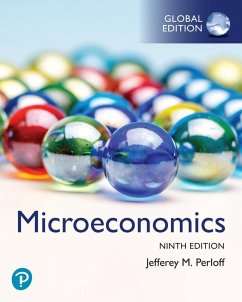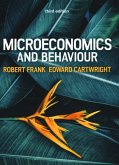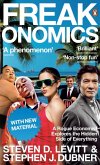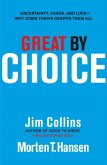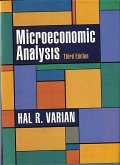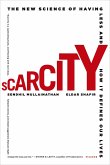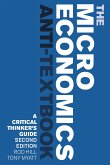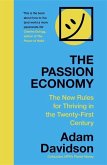For courses in intermediate microeconomics. Using microeconomics to analyze and resolve real-world policy and business problems Microeconomics presents economic theory in the context of real, data-driven examples, and then develops students' intuition through Solved Problems. The text places emphasis on modern theories that are useful in analyzing actual markets, while a step-by-step problem-based learning approach demonstrates how to use these theories to solve business problems and analyze policy. The 9th Edition, Global Edition, has been substantially updated with new or revised examples, applications and problems so students can see how real-world decisions being made in today's firms and policy debates. Hallmark features of this title Applications help students review and apply concepts * Balanced coverage of both traditional theories (consumer theory, theory of the firm, and perfect competition) and modern theories (game theory, strategies, uncertainty, and moral hazard) is presented . * A 5 Cross-Chapter Analysis creates crucial links between core theories covered in separate chapters. It combines Applications with Solved Problems to give students hands-on practice to sharpen their analytical and quantitative skills. * What-If Policy Analysis. Economic models are used to probe the likely outcomes of changes in public policies such as taxes, subsidies, barriers to entry, price floors and ceilings, quotas and tariffs, zoning, pollution controls and more. New and updated features of this title Coverage of the latest economic events keeps students in the know * NEW and UPDATED: Every chapter has been extensively rewritten to make it easier to read and contains new and updated material. Topics include government policies, international climate agreements, income tax and more. * UPDATED: Real-World Examples use real people, companies, and data to illustrate microeconomic theory. Applications helps students review and apply concepts * NEW and UPDATED: 142 Challenges present information and a series of questions about important, current real-world issues. * NEW and REVISED: Solved Problems provide students with a step-by-step model for working out qualitative and quantitative problems. Hands-on practice lets students check their understanding * NEW and UPDATED: End-of-Chapter Questions draw from real-life events and issues from newspapers, journal articles and other sources. * NEW: This edition contains 5 new features: Common Confusion, Thinking Critically About a Current Event, Interactive Figures, Spreadsheet Exercises, and Review Questions.

